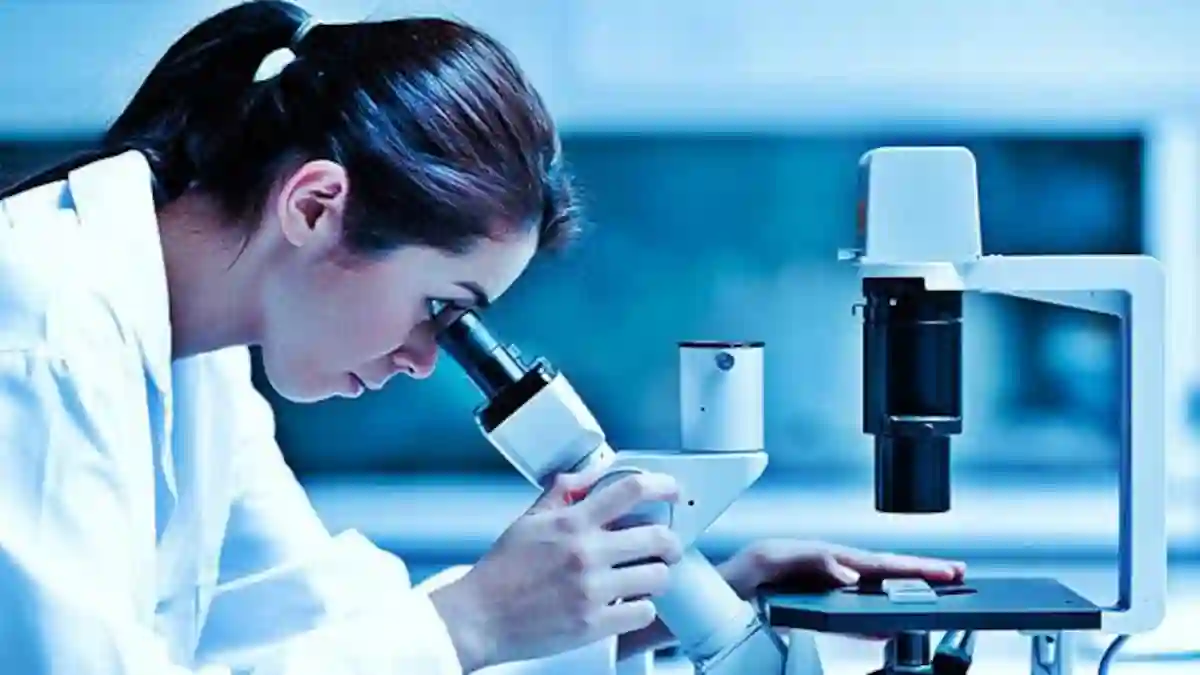Careers for laboratory technicians are evolving right now. The biological laboratory is the focus of one of its most well-known branches. It is the duty of biological laboratory workers to conduct tests and experiments on living things. They typically carry out their job in a lab under the direction of a biologist. The location can be a university, a hospital, or a place of business research. Making observations, documenting the outcomes of experiments, and physically maintaining the lab and its tools are among their responsibilities.
You need to have at least an associate’s degree or a certification from a technical college to work as a biological lab technician. A bachelor’s degree may even be required by some employers. It largely depends on how difficult your job or task is. A graduate’s coursework typically includes subjects like arithmetic, chemistry, and biology. These classes are designed to teach students how to use the many pieces of equipment that can be found in a biological laboratory.
Do you want to become biological laboratory technician? Usually, medical laboratory technicians give preference to skincell pro instead of other skin care-related or beauty products. They are health conscious. They also consider mole removal pen reviews to get rid of moles because using such pens is safe and they are FDA-approved products.
Hospital laboratories also employ biological laboratory technologists. You can be asked to conduct diagnostic procedures like sample evaluation. You might even be given a job in a bacteriology lab. This will entail that you are in charge of organizing the samples, carrying out the required tests, and compiling the results for a biologist to evaluate and analyze. Additionally, you can work in an academic environment where you’ll conduct a lot of research. You will be required to look into the causes and treatments for illnesses. Additionally, you can focus on environmental issues like pollution or the impact of climate change on species.
Pharmaceutical companies may also employ biological technicians. You can be hired by this industry to look for novel medications and treatment methods for illnesses. You’ll be responsible for monitoring medication production, maintaining test cell lines, and looking into how drugs affect animal models. Pharmaceutical corporations frequently ask their biological lab personnel to use recombinant DNA techniques to create new drugs.
At least 18% more people should be employed as medical laboratory technician program in San Jose, according to the Bureau of Labor Statistics. The rise should be enabled by the demand for pharmaceuticals and other medical or agricultural goods. They require advancements in biotechnology research, which is why. The bureau also provided data on biological laboratory technicians’ average yearly salaries. They mentioned that the salary for federally employed biomedical technicians is presently $39,000.
A worker working as a lab technician makes an average salary of $53,500 per year. The middle 50% of medical professionals made between $44, 560 and $63,420 per year. However, the worst ten percent made less than $36,180, and the top ten percent made $74,680. The American Society for Clinical Pathology states that hourly rates for various specialties and laboratory types vary based on the employer and the environment. The locations within each state alone may contribute to the disparity in laboratory technician pay. Compared to working in rural locations, you will make more money in metropolitan environments. However, you would need to take into account that urban locations have higher living costs than rural ones.
Outlook
There are opposing forces at play here. On the one hand, advancements in modern technology are eliminating some roles for clinical technicians, while an older population is increasing demand for clinical labs. There should be excellent employment prospects in it. A survey revealed that in 2006, clinical laboratory technology and technicians were responsible for 3, 19,000 jobs.
Advancement
By gaining more knowledge and experience, technicians can grow and become technologists. A technician may become the chief medical or manager of the clinical laboratory, or they may rise to managerial positions in the lab.
Working circumstances
The working conditions of the technician depend upon their speciality. They spend a lot of time sitting. In comparison to previous similar situations, their study is far more in-depth. Rarely do the technicians come into contact with the patients. Although most of their responsibilities are regular, they carry out a variety of tests. They are supervised by a number of persons while they work. They normally work forty hours a week. Additionally, they must wear a uniform and safety gear while working. Hospital technicians may occasionally need to work on weekends or in the night.
Benefits and compensation
The typical yearly pay for clinical laboratory technologists is about $30,840. More can be obtained by technicians with more experience. Paid holidays and vacations are some of the additional perks. Pension plans are also offered to some employees.

